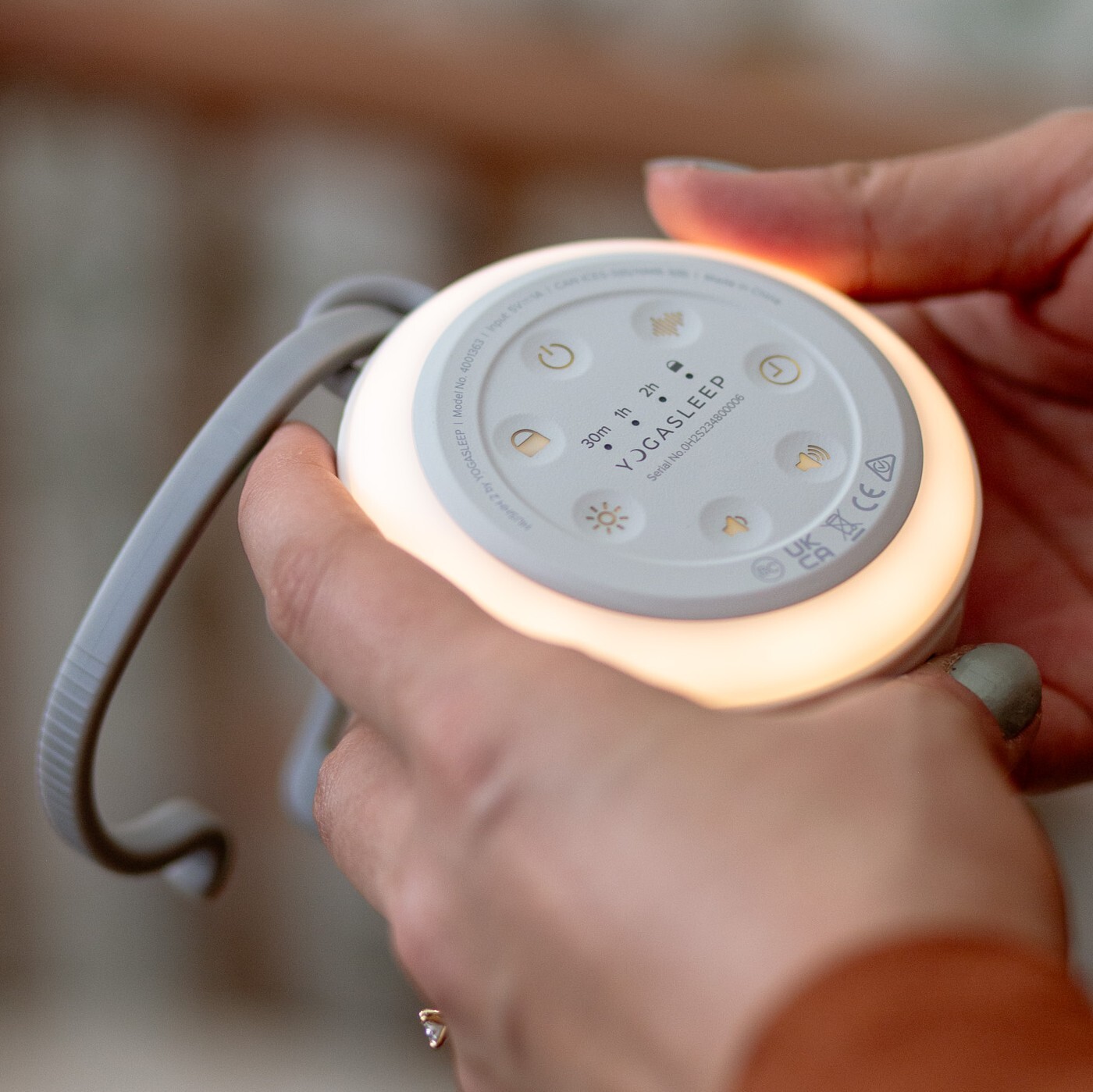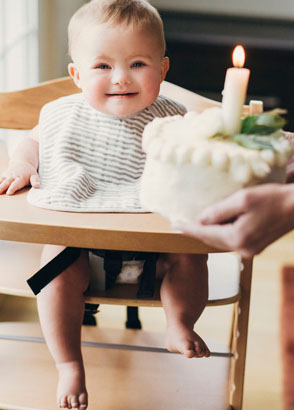We frequently hear from parents of children aged between 9-18 months as this is a time of significant development and transition for wee ones, which can have a huge impact on their sleep. No longer an infant but not quite a toddler, the 9-18 month age bracket is often a period of disruption and new challenges.
Over these coming months, for instance, you’ll notice your baby beginning the process of acquiring early language. This can be an exciting development as you watch your wee one respond to words, repeat sounds back to you and wave hello on cue. It can also be a cause of huge frustration for them as they struggle to make themselves understood.
Around this time, too, increased mobility and movement will kick in as your baby learns to crawl, before pulling up to standing, cruising the furniture and finally venturing out on her own two feet. Her new found ability to explore and wander out on her own is the beginning of a burgeoning independence and wilfulness that will become more and more pronounced as she turns into a real toddler.
You might notice at the same time that separation anxiety sets in properly now and suddenly your placid wee baby screams if you leave her sight for a second to make a cup of tea or go to the loo, making the most mundane tasks a trial of patience and planning. Making this process even more difficult is the fact that it’s often around this time that many mothers return to work either for their own sanity and career development or for financial reasons. This can be a difficult transition for both babies and mums to make, complete with guilt and worry about how their child is settling, whether they’ll sleep well at day care and so on.
And just to add to the mix, between 12-18 months most older babies drop from two to one day sleeps and begin teething in earnest with large molars threatening to erupt. Consequently the older baby period can be an exhausting phase for everyone involved!
It goes without saying, then, that with all these monumental developmental changes, sleep will also be affected. You may have worked hard in the past to encourage your infant to learn to self-settle and sleep through the night and find yourself at a loss as to why your ace sleeper is suddenly standing in their cot screaming for you at 2am, or perhaps you haven’t had a full night’s sleep in months and are becoming increasingly knackered getting up to offer bottles to your 15 month old.
Whatever the sleep challenge currently facing you, often the key at this stage is to try and find the balance between maintaining some consistency and avoiding introducing new sleep associations that require your presence, while being flexible and empathetic to the changes your child is going through.
The articles in these pages are intended to help you negotiate your way through this phase and cover the developmental changes occurring while offering practical tips on how to best handle them. With a bit of patience, empathy and hard work, we’re sure that you’ll all be sleeping again in no time.

























